I am trying to find if the insert statement in labels.sql is needed anymore so if the textid in any insert statement for example Insert into EPORTAL_DATA.MLNGTXT (MODULEID,TEXTID,LANGUAGEID,MLTEXT,TEXTTYPE) values ('COMMON','SearchButton','en-ca','Search','LABEL'); exist in any of the other files than i will keep the insert statement otherwise i will delete it.
import os
import re
import shutil
current_dir_location = os.getcwd()
labels_script_location = os.path.join(current_dir_location, 'SQL-scripts/labels.sql')
copy_location = os.path.join(current_dir_location, 'SQL-scripts/lablesCopy.sql')
# Create a copy of the labels.sql file
shutil.copy2(labels_script_location, copy_location)
#Read insert statements from copy file
with open(copy_location, 'r',encoding='UTF-8') as file:
insert_statements_from_labels = file.readlines()
# Compile the regular expression pattern
text_id_pattern = re.compile(r"'[^']+'\s*,\s*'([^']+)'") # Regular expression for finding the values
def search_references(references_dir, text_id):
regex = re.compile(text_id)
for root, dirs, files in os.walk(references_dir):
if 'node_modules' in dirs:
dirs.remove('node_modules')
if 'SQL-scripts' in dirs:
dirs.remove('SQL-scripts')
for file_name in files:
file_path = os.path.join(root, file_name)
try:
with open(file_path, 'r', encoding='utf-8') as file:
content = file.read()
if regex.search(content):
return True # stop searching as soon as a match is found
except (UnicodeDecodeError,PermissionError):
# some of the files are not encoded as UTF-8
# some files can not be read like read.lock
continue
return False
def get_text_id(insert_statement):
match = text_id_pattern.search(insert_statement)
if match:
text_id = match.group(1) # Retrieve the second captured group
else:
text_id = None
return text_id
def search_decide():
lines_deleted = 0
used_insert_statements = []
unused_insert_statement = {}
for index, insert_statement in enumerate(insert_statements_from_labels):
text_id = get_text_id(insert_statement)
if text_id:
is_used = search_references(current_dir_location, text_id)
if is_used:
used_insert_statements.append(insert_statement)
else:
unused_insert_statement[index] = insert_statement
lines_deleted += 1
with open(copy_location, 'w', encoding='utf-8') as file:
file.writelines(used_insert_statements)
for index, statement in unused_insert_statement.items():
print(f"Unused Insert Statements are : \n{index}: {statement}\n")
print("Script Ran Successfully")
print(f"{lines_deleted} lines were deleted from labels.sql")
if __name__ == "__main__":
find_decide()
Is there any possibility of optimization or performance improvement in the code i am trying to read a 2000 line labels.sql file and check for references.Right now its taking around 10 min to finish the script.
These are some of the details i found using profiler and snakeviz

